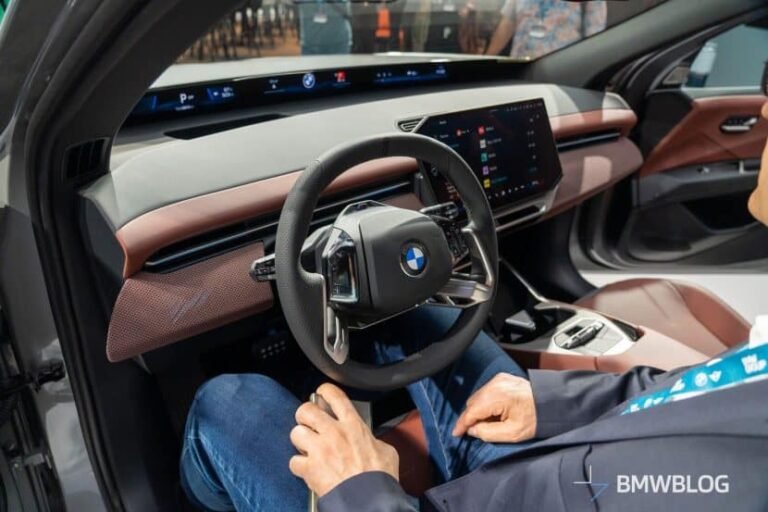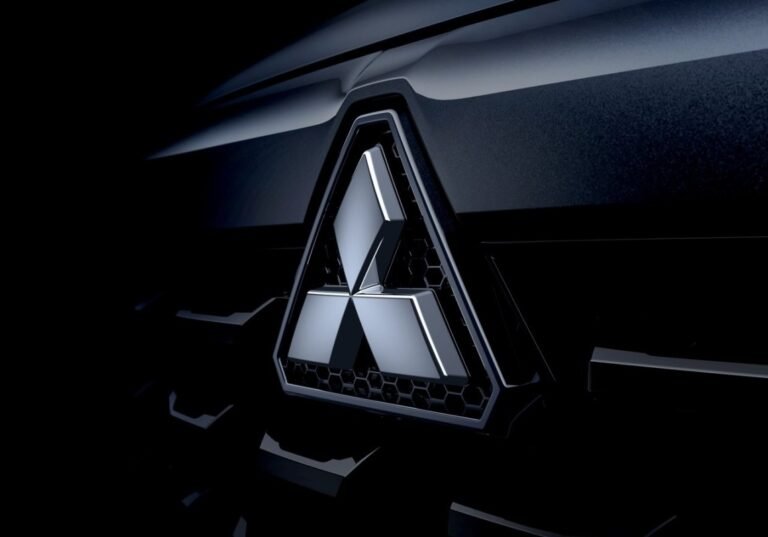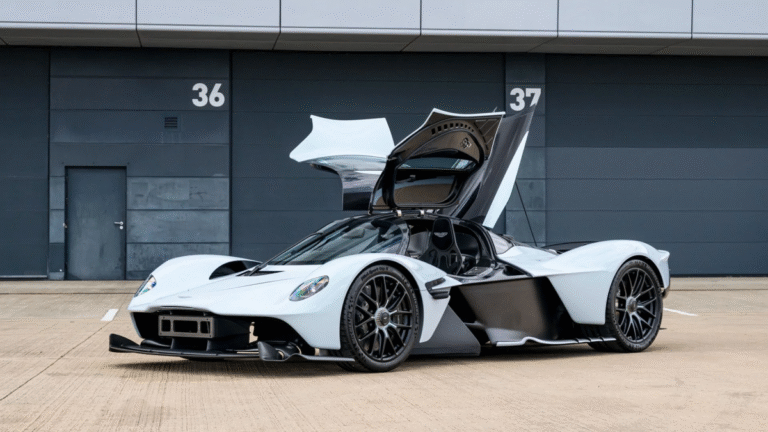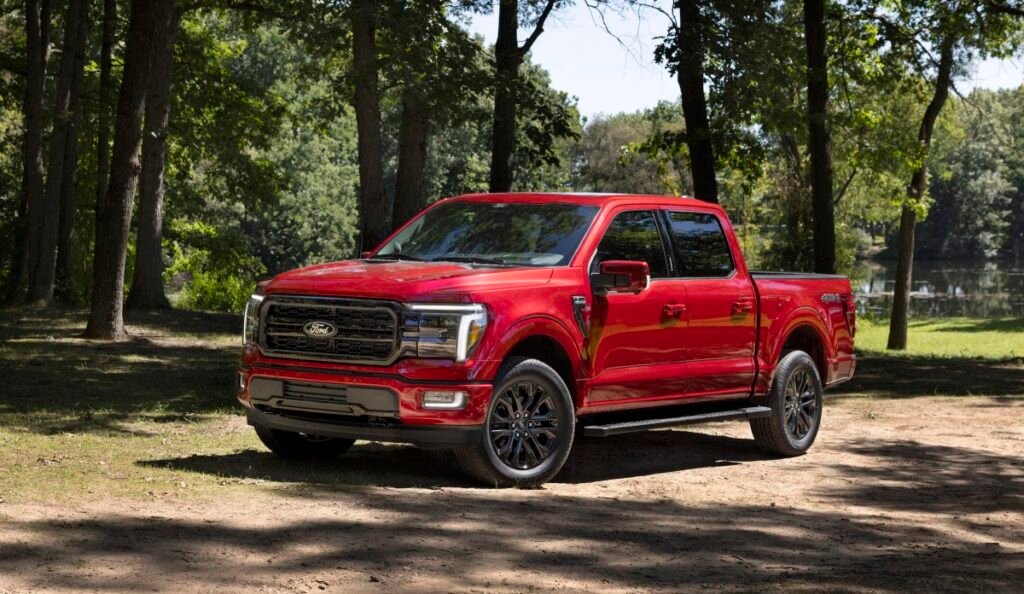
If you thought Americans were loyal to their favorite car brands, think again. A new study from S&P Global Mobility reveals that brand loyalty is declining, with only 51.1% of buyers remaining loyal to the same automaker in the first half of 2025. That’s a 1.4-point drop from last year, and nearly 4 points lower than in 2020. With the average MSRP for a new car in May hitting $50,968 and buyers becoming more value-conscious, more drivers are open to trying new brands instead of returning to what they know.
The Decline of Brand Loyalty
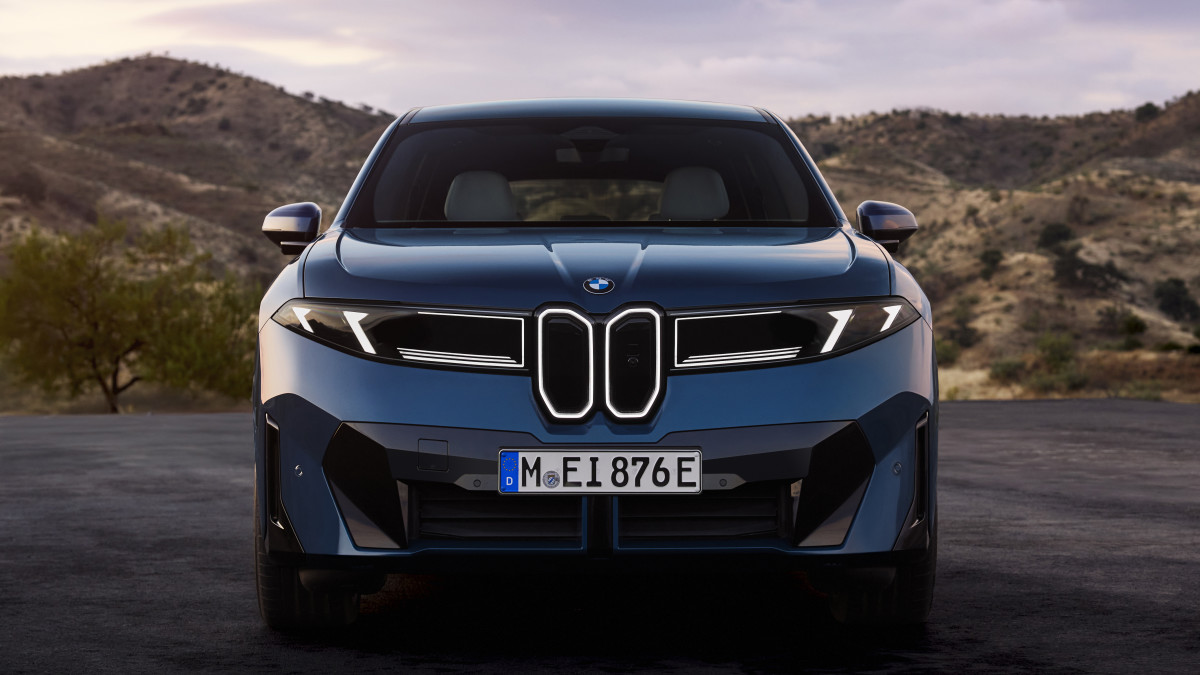
For decades, automakers thrived on loyalty. Families often stuck to a single brand for generations, but that tradition is fading fast. According to S&P Global, more than half of brands saw loyalty drop by at least one percentage point this year. Several forces are behind the change, from competitive pricing and EV incentives to shifting consumer attitudes and politics. Vince Palomarez, Associate Director at S&P Global, explained the trend as “the balance between a steady return-to-market volume and strong competition among brands.” Add in the fact that S&P identified the most popular segment as the “compact utility,” where nearly every automaker is fighting for the same buyers, and loyalty is harder to hold onto than ever.
Who’s Winning the Loyalty Battle?
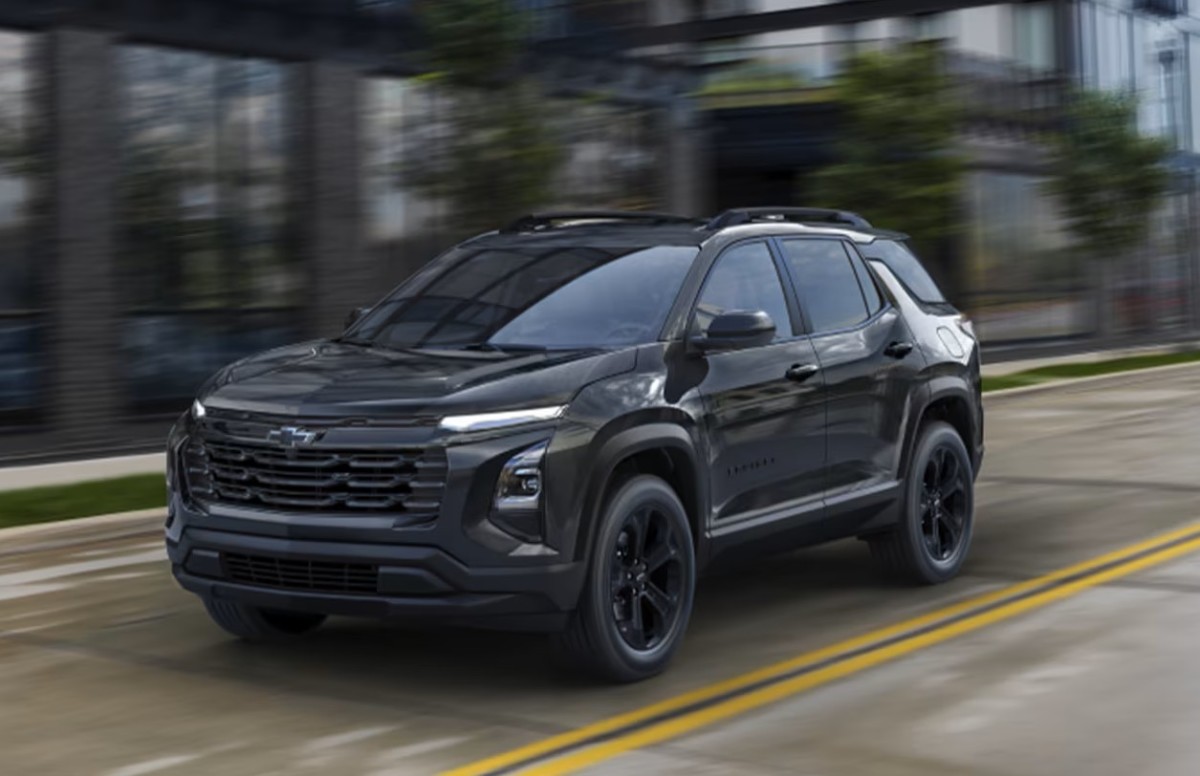
Chevrolet
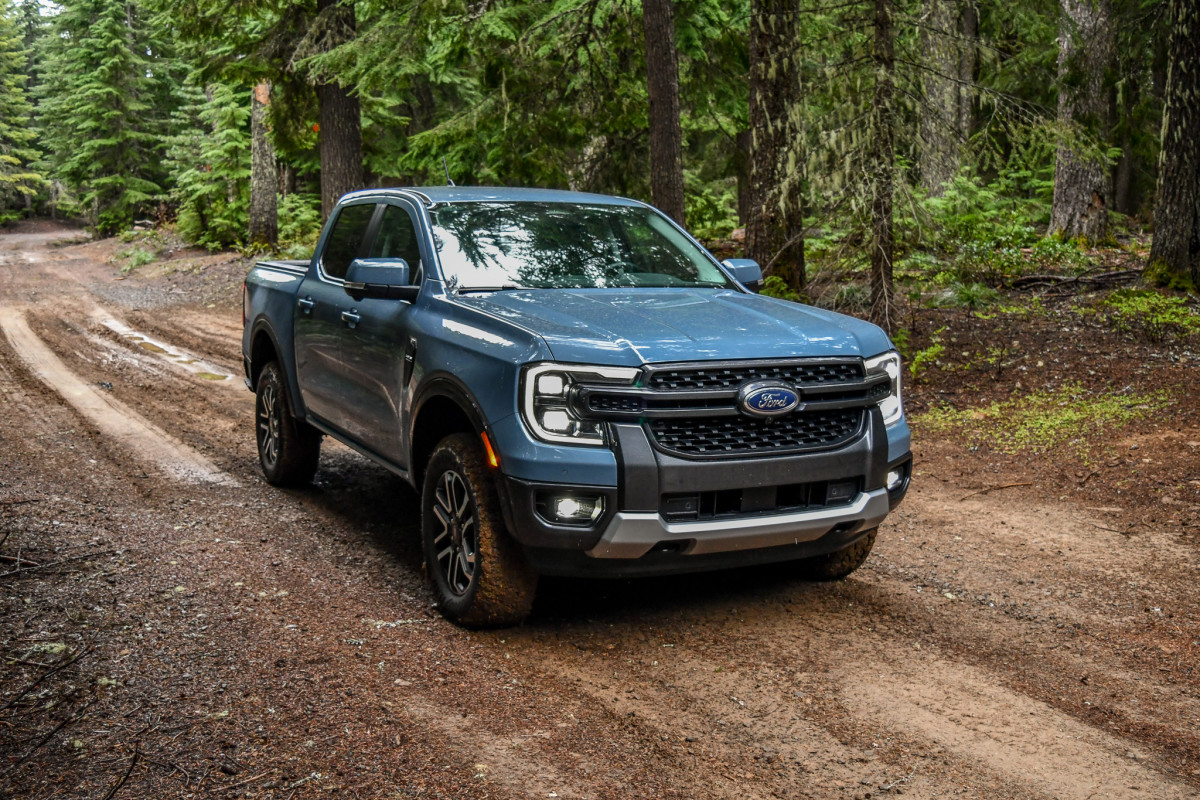
Kristen Brown
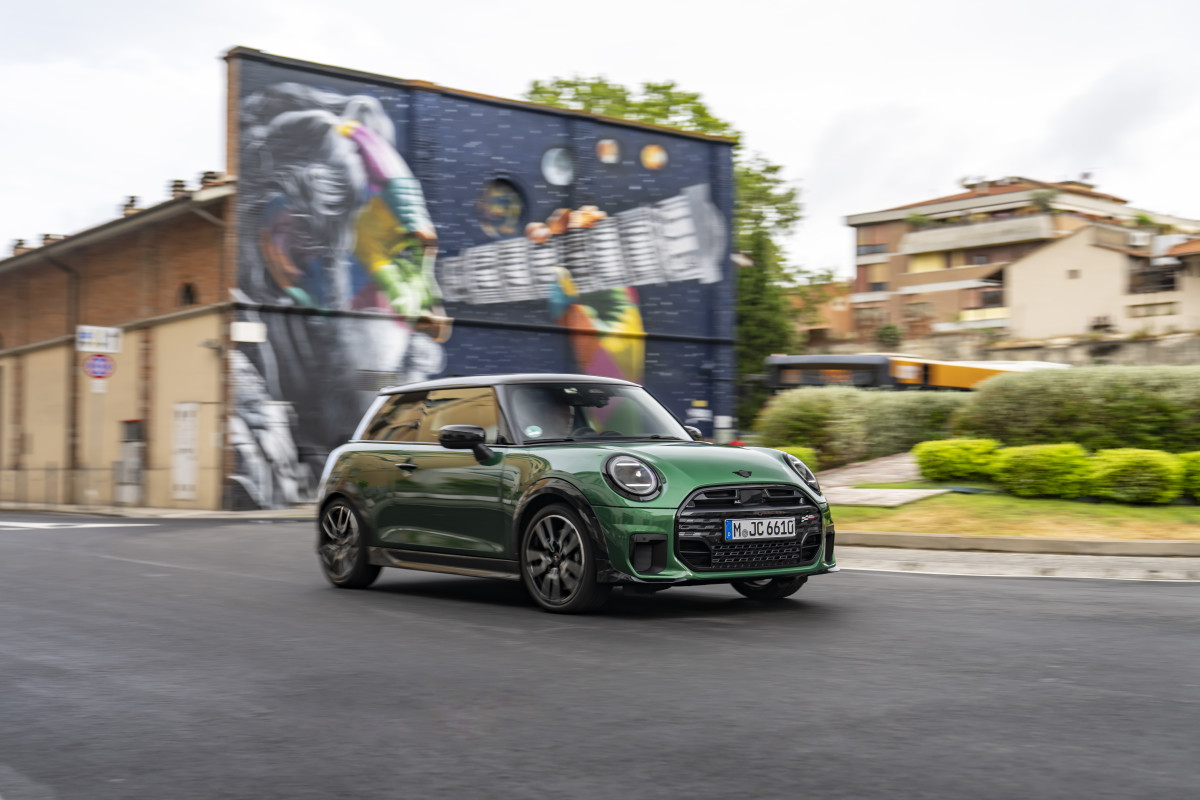
Mini Cooper
Even with overall loyalty falling, a few brands are still leading the charge. General Motors tops all multi-brand manufacturers at 68.1%, while Ford claims the highest loyalty of any single brand at 58.9%. Mini is the surprise standout, climbing 4.6 points year-over-year. On the model side, the Chevrolet Equinox ranks first, with 42.7% of owners returning for another. On the flip side, not every brand is weathering the storm. Tesla brand loyalty fell by more than 12 points, partly due to Elon Musk’s Trump endorsement, showing how important external forces can be. Meanwhile, Kia and Hyundai are stealing a significant market share, winning over shoppers who are willing to walk away from their traditional favorites.
More Buyers, More Defections
Kia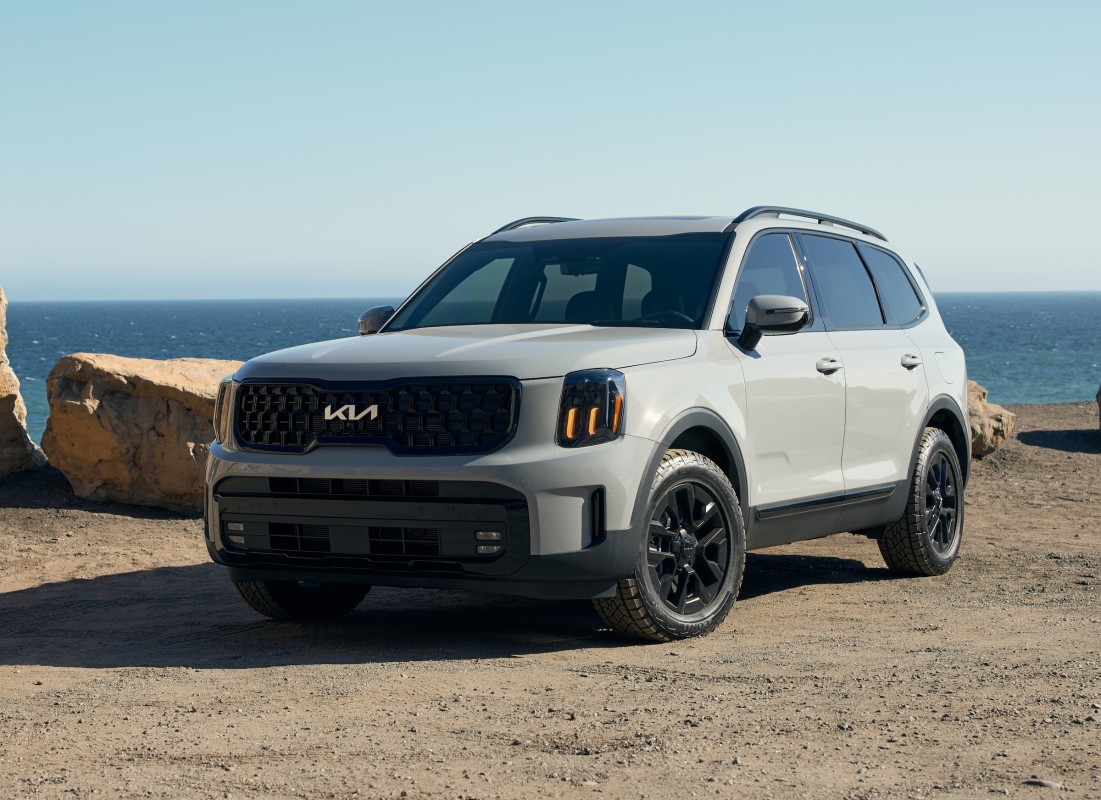
There’s also more movement in the market. Households returning to shop rose 4.2% compared to last year, which gives automakers a larger pool of potential repeat buyers. But it also means more defections, as conquest activity jumped 7.6% for mainstream brands and 6.2% for luxury. Even government policies are adding complexity, since you can still qualify for the tax credit due to expire by the end of the month. With more choices than ever, and buyers having an endless amount of information at their fingertips, brand loyalty alone isn’t enough for carmakers to win over customers.
